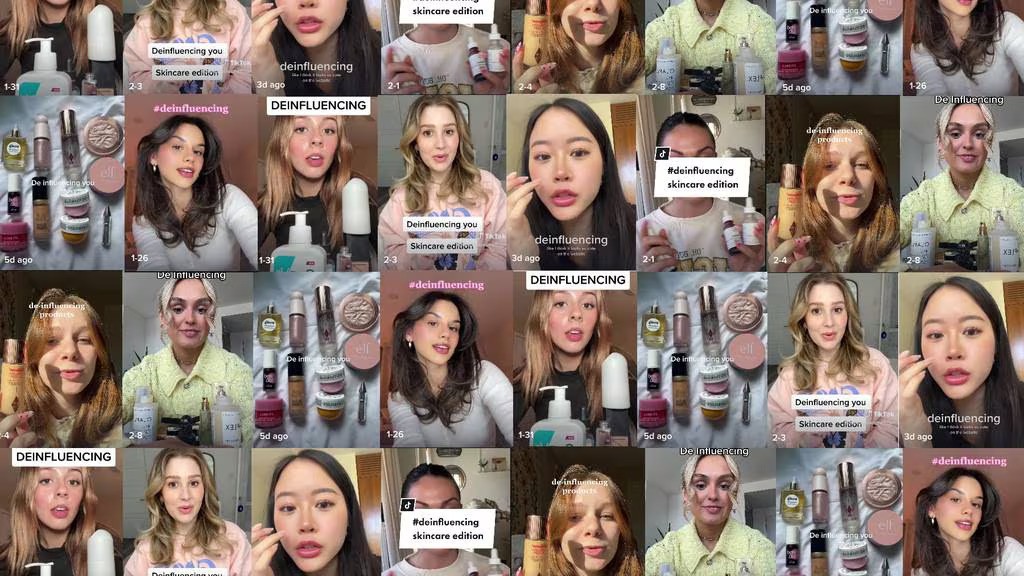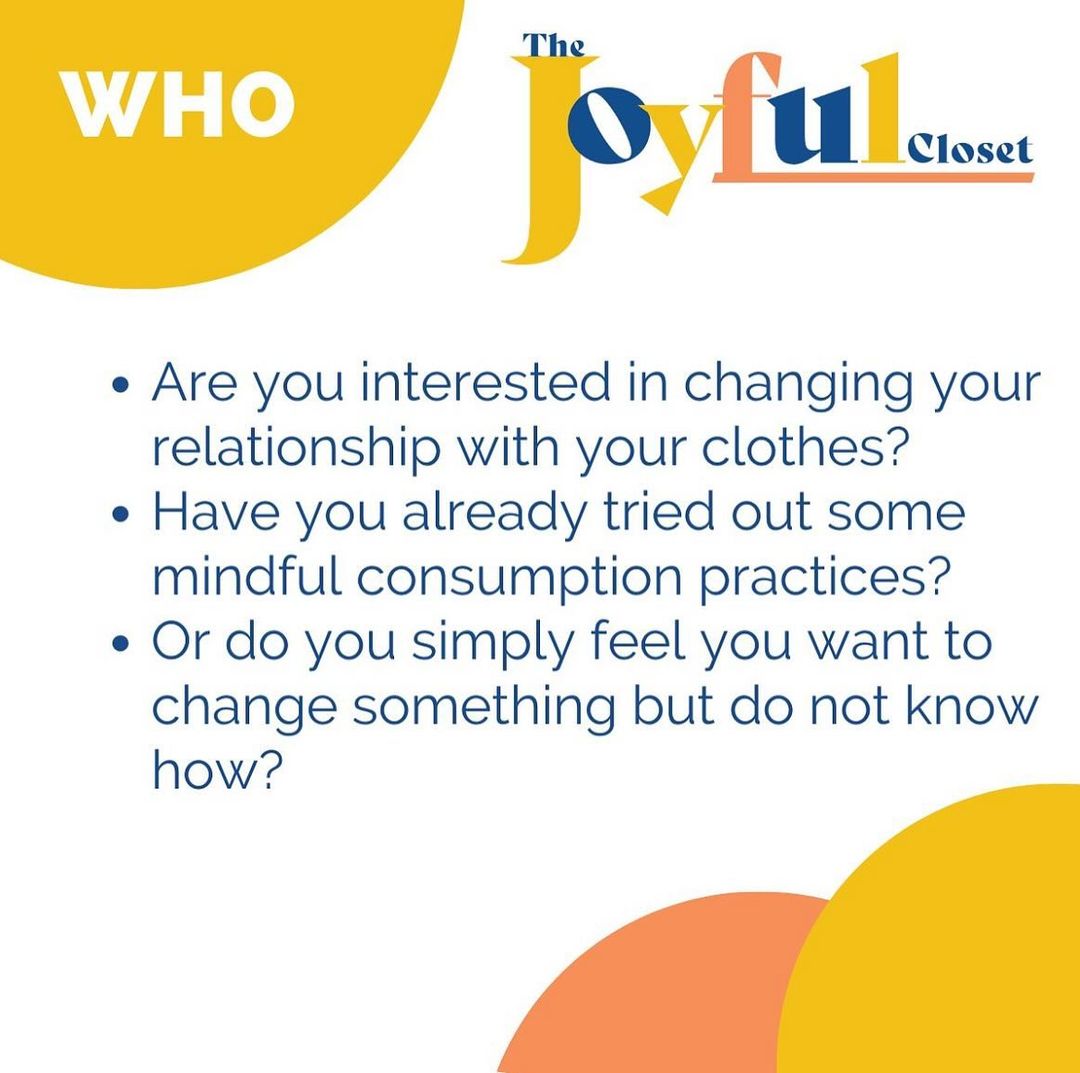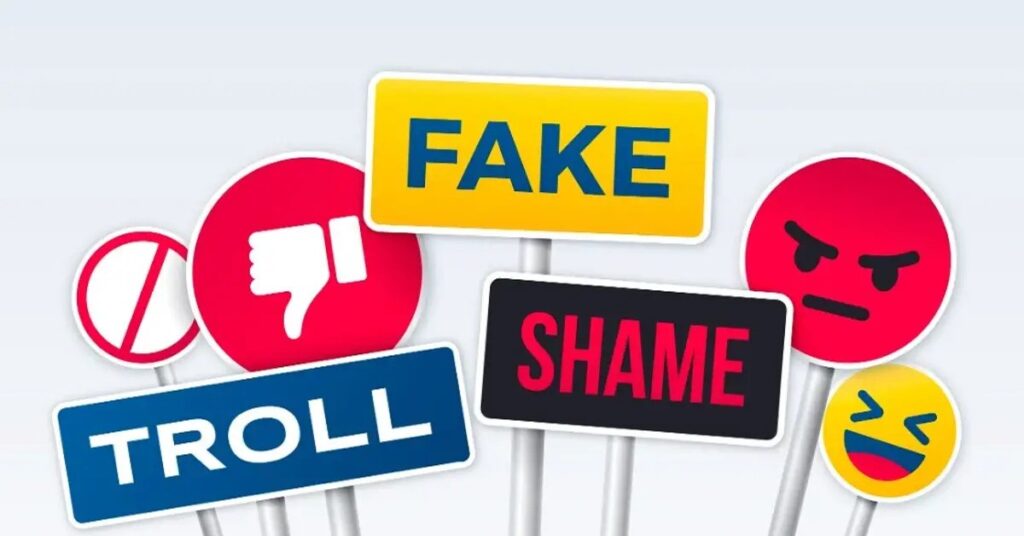In a world where social media platforms like TikTok have become influential hubs for fashion and beauty enthusiasts, the phenomenon of ‘de-influencing’ and ‘anti-haul’ content is gaining momentum, challenging the hyper-consumerism perpetuated by these platforms. Let’s see how it affects brands and what brands can do to keep it in check.
Why Deinfluencing Matters?
Deinfluencers have become a prominent force in the world of marketing, owing to their emphasis on integrity and credibility. Unlike traditional influencers, they do not prioritize endorsement deals over transparency and honesty. By providing impartial reviews and unbiased assessments, they earn the trust of their audience, which is increasingly skeptical of influencers’ motives.

In today’s world, conscious consumerism is on the rise. People are more aware of environmental and social issues, and they want to make informed decisions. Deinfluencers have emerged as key players in guiding consumers towards sustainable and ethical products. They align with consumers’ values and preferences, and help them make better choices that have a positive impact on the world. Brands that want to succeed in the current market must adapt to the changing landscape of influencer marketing. Collaborating with deinfluencers offers an excellent opportunity to connect with socially-conscious consumers and differentiate themselves from competitors. By embracing authenticity and transparency, brands can build stronger and more meaningful relationships with their audience, which can lead to increased engagement and loyalty.
The Rise of De-Influencing
The phenomenon of “TikTok made me buy it” has become all too familiar, with the platform inundated by influencer-led content promoting consumerism. However, amidst the saturation of product reviews and shopping hauls, a counterculture has emerged. De-influencing videos and anti-haul content are gaining traction, signaling a growing backlash against overconsumption. Hashtags like #deinfluencing and #antihaul are resonating with users seeking to break free from impulsive buying habits and embrace mindful consumption.
Challenging Hyper-Consumerism on TikTok
The surge of #deinfluencing and #antihaul content on TikTok reflects a growing backlash against overconsumption and impulsive buying influenced by social media. Consumers are increasingly embracing pledges and challenges to limit their fashion purchases, conduct wardrobe inventories, and rethink their consumption patterns. This movement signifies a shift towards conscious consumption and a reevaluation of the impact of social media on consumer behavior.

Adapting Business Models for Sustainable Growth
As public concerns around waste and climate change intensify, brands are facing pressure to adapt their business models. The focus is shifting towards aligning consumer needs with sustainable practices, emphasizing quality over quantity, and exploring alternative revenue streams beyond traditional product sales. The need for brands to adapt to changing consumer behaviors and align with sustainability efforts is becoming increasingly apparent.
Designing for the Future
The key to designing for the future, experts say, is to align people’s needs with those of the planet — and to create business models that serve both, rather than work against them. This involves reprioritizing revenue streams, such as allocating a fraction of a company’s revenue to new product sales, while also emphasizing fashion experiences like rental or digital fashion, and investing in maintenance and improvement, such as repairs and upcycling. The challenge lies in reframing and modeling these changes to make sustainable lifestyles truly aspirational and inspirational.

A Call for Conscious Consumption
The current de-influencing and anti-overconsumption trend represents a significant shift in consumer behavior and has the potential to lead to a more sustainable and conscious approach to consumption. As the movement gains traction, it presents an opportunity for brands to reimagine their business models and embrace sustainable practices, ultimately shaping a more balanced and mindful consumer culture. Consumers are reevaluating their shopping habits as they become more aware of waste and climate change issues. Pledges like the “Rule of 5” and challenges to buy nothing new are gaining momentum, encouraging individuals to adopt more sustainable practices. The Joyful Closet Consumption Challenge exemplifies this shift, promoting mindful wardrobe management and reducing the acquisition of new clothes. Brands are being called upon to align with these values and rethink their business models to prioritize sustainability over relentless growth.

Crafting a New Narrative
In response to the de-influencing movement, brands are challenged to reimagine their messaging and embrace a more holistic approach to marketing. Rather than solely focusing on product sales, there’s an opportunity to champion experiences, community engagement, and ethical practices. By reframing the conversation around consumption and making sustainability “cool,” brands can inspire lasting change and foster a culture of conscious consumerism.
Harnessing Deinfluencing for Brand Success
To sum it up, brands could leverage the power of Deinfluencing in the following ways:
- Prioritize Authenticity: Align brand messaging with values of transparency and integrity to resonate with Deinfluencer audiences.
- Embrace Sustainability: Demonstrate commitment to ethical practices and sustainability to appeal to socially-conscious consumers.
- Forge Genuine Partnerships: Collaborate with Deinfluencers who authentically align with brand values and can effectively communicate brand messaging to their audience.
Bottomline
The current de-influencing and anti-overconsumption trend represents a significant shift in consumer behavior and has the potential to lead to a more sustainable and conscious approach to consumption. As the movement gains traction, it presents an opportunity for brands to reimagine their business models and embrace sustainable practices, ultimately shaping a more balanced and mindful consumer culture. By embracing sustainability, promoting mindful consumption, and championing alternative revenue streams, brands can not only survive but thrive in this new era. Together, we can shape a future where consumption is driven by purpose, creativity, and responsibility.
Read More: Influencer Marketing for Branding: Best Practices and Tips



